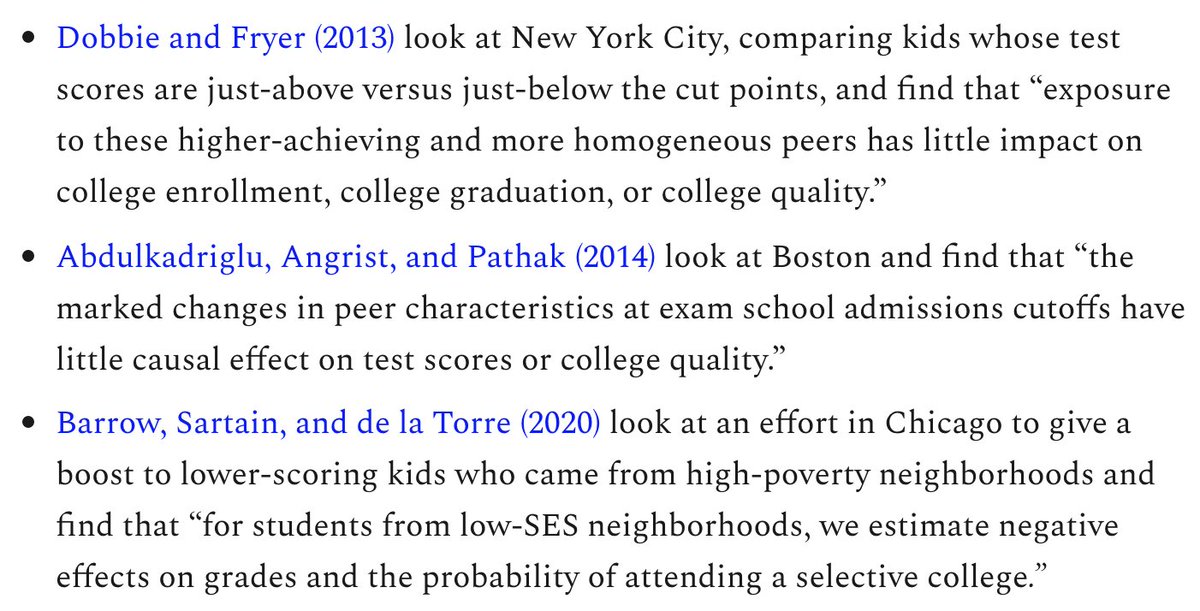
Annalee is a former Ars colleague and I enjoyed working with her, but I didn't fid this persuasive. Substack's pitch is that their platform makes it possible for some writers to build up a large enough paying audience to make a living as a newsletter writer.
https://twitter.com/Annaleen/status/1372393512906362880
As far as I can tell, that's true. @mattyglesias, for example, said in February that he had around 9,000 paid subscribers. At $8/month with a 10 percent Substack cut that works out to almost $800,000 in annualized income. And that was after just three months.
However, the New Yorker has reported that he took a Substack Pro deal where he gets $250,000 over the first year and only 15 percent of his first-year subscription revenue. In retrospect that was a bad deal, but he presumably didn't know how successful his newsletter would be.
I talked to another prominent writer about three months after launching his substack, and at that point he was already close to having enough subscribers to replace his previous salary at a news organization. He also took a Pro deal but would have been better off without it.
That doesn't mean anyone can do this! Both of these people were well-known figures with six-figure Twitter followings. When I asked Substack about Substack Pro a few months ago, they told me they didn't have a package to offer—presumably because I'm not as famous as those guys.
So if you're a little-known writer, it's going to take months, possibly years, to build up a large enough following to make a living. And most people don't have the savings to go without a paycheck for months.
So practically speaking this path isn't open to most writers. And in some sense that's not fair. But that's different from saying that Substack is a scam. Famous writers can make a living on Substack fairly easily. Non-famous ones have a shot at doing so but it's not easy.
Annalee says that Substack "paid a secret group of writers to make newsletters seem lucrative." But newsletters really are lucrative for the type of famous writers who get offered Substack Pro deals.
Obviously creating a Substack newsletter isn't equally lucrative for everyone. But I don't think Substack has ever claimed otherwise.
• • •
Missing some Tweet in this thread? You can try to
force a refresh



